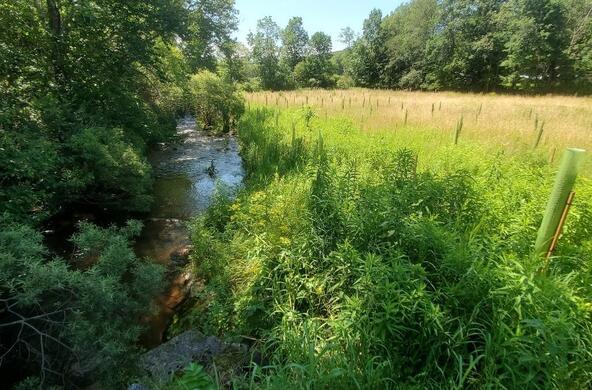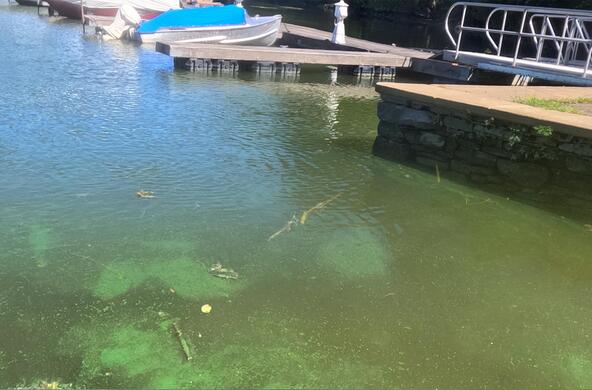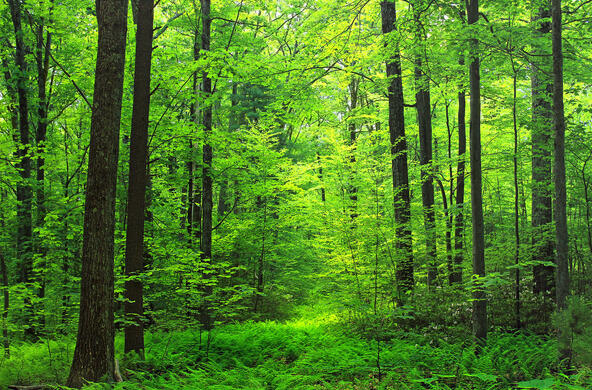
Most of us have experienced a river shoreline— from a park, a train, or a boat. When we see where the water meets the land, how many of us have considered how modified shorelines influence river health?
Our relationship with shorelines is ancient. But until recently, we didn’t have a scientific understanding of how shoreline modifications shaped river ecology. It turns out that there are ways to balance human needs, such as property protection, with the health of fish and other aquatic plants and animals.
Since their purpose is to ensure bank stability, modified shorelines are “harder” than what was present before. The majority of natural shorelines are considered “soft” because they are susceptible to erosion and movement of sand and mud.
Stuart Findlay, an aquatic ecologist at the Cary Institute, describes the differences…
“Soft shorelines – these are almost always natural shorelines. So you can think of a beach, without any obvious structures right at the place where the water would meet the land,” says Findlay. “In contrast, there are both natural and engineered hard shorelines. So bedrock is an example of a hard shoreline that’s natural. There are also lots of examples of hard shorelines that are created by people, and these range from concrete, to old wooden cribbing, and a wide variety of things.”
Research has revealed invasive plants are much more prevalent in man-made shorelines. And small fish avoid hardened vertical shorelines, although a few larger fish are found in these habitats.
As global change results in higher water levels in our nation’s rivers, there will be a need to elevate and stabilize shorelines. A better understanding of shorelines should guide future modifications, so they also restore ecosystem function and provide wildlife habitat.
Produced in collaboration with WAMC Northeast Public Radio, this podcast originally aired on February 13, 2012. To access a full archive of Earth Wise podcasts, visit: www.earthwiseradio.org.






